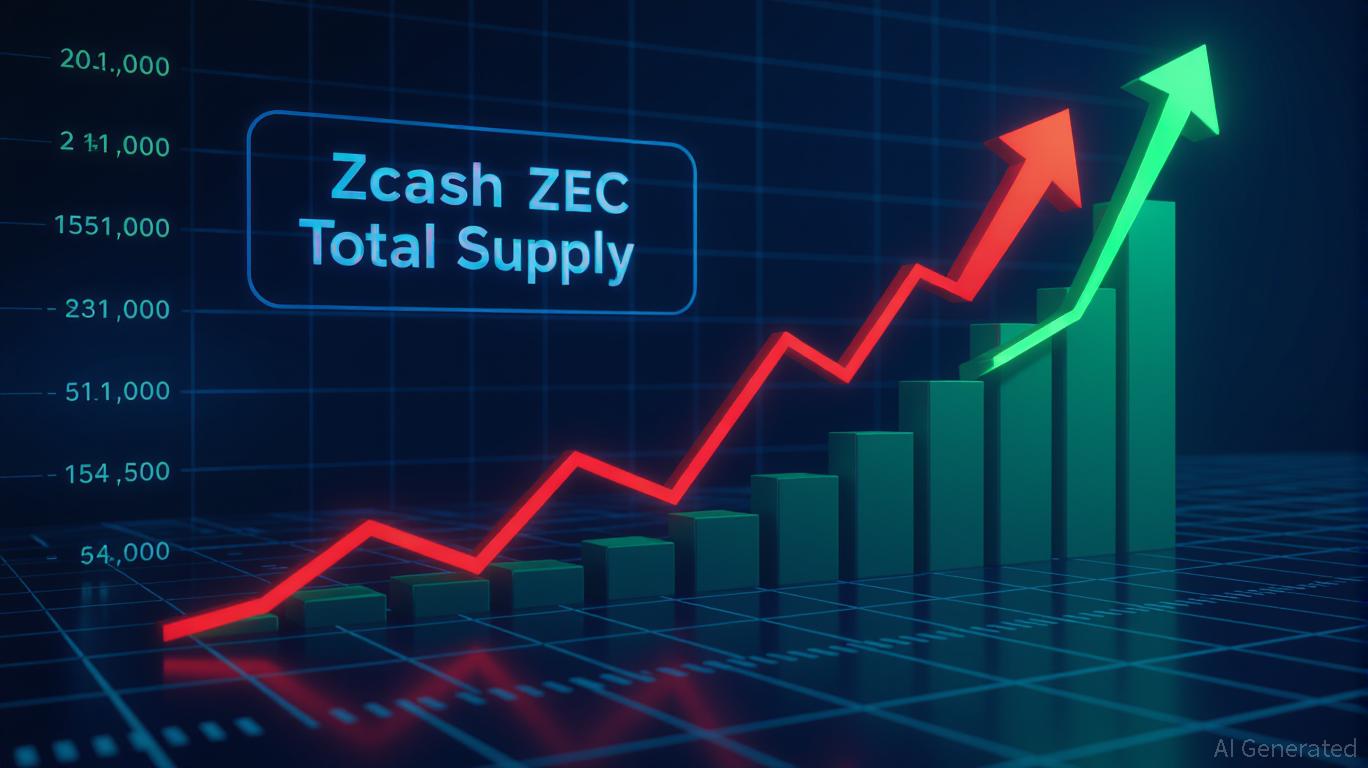Plasma CEO denies claims of team selling allocation as XPL token drops 45% from peak
Plasma’s XPL token has fallen 45% from its peak, and founder Paul Faecks has denied rumors of insider selling, market maker ties, or team exits.
- XPL token fell 45% from peak after launch hype.
- Rumors alleged team token dumps and market maker ties.
- Founder Paul Faecks denied sales, citing 3-year lockups.
The volatility followed XPL’s rapid rise after its late September launch. The token debuted around $1.00, quickly surged to an all-time high of $1.69 by Sept. 28, and then slipped back to $0.74–$1.08 within days.
The sharp decline sparked accusations on social media that Plasma insiders had sold large allocations, pointing to the team’s past ties with Blast and Blur, as well as speculation about involvement from market maker Wintermute.
Addressing the Plasma token sale
On Oct. 1, Plasma co-founder and CEO Paul Faecks addressed the claims directly on X. He said no member of the team or early investors has sold any XPL, since their allocations are subject to a three-year lockup with a one-year cliff. “All investor and team XPL is locked,” he noted, adding that circulating supply has only come from the public sale and liquidity allocations.
On questions about team composition, Faecks stressed that only three of Plasma’s roughly 50 employees had any connection to Blur or Blast. He highlighted that the team also includes professionals with experience at Google, Facebook, Square, Goldman Sachs, and Temasek, saying it was misleading to label Plasma as “ex-Blast.”
He also addressed speculation about Wintermute, stating that Plasma “has not engaged Wintermute as a market maker and has never contracted Wintermute for any of their services.” He emphasized that the company has no insider information about Wintermute’s token holdings beyond what is publicly visible.
Building beyond the FUD
The statement comes after a highly publicized token generation event on Sept. 25 that attracted more than $3 billion in trading volume within hours and listings on major exchanges including Binance, OKX, and Upbit.
Plasma raised $373 million in July through a public sale, well above its $50 million target, which helped fuel the hype around launch. With $2 billion in stablecoin total value locked and more than 100 decentralized finance integrations at mainnet beta, the project positioned itself as a specialized layer 1 chain for stablecoins.
Despite the strong fundamentals, community concerns intensified as early profit-taking combined with large wallet transfers visible on-chain. Some critics labeled the launch unfair to retail buyers, while others accused the team of fueling a “whale-sale.”
Faecks’ message sought to ease those doubts by reiterating that Plasma’s focus is on long-term infrastructure rather than short-term speculation.
For now, XPL trades roughly 40–45% below its peak. Whether the founder’s reassurances calm the market may depend on continued transparency, sustained adoption of Plasma’s stablecoin ecosystem, and broader conditions in the altcoin market.
Disclaimer: The content of this article solely reflects the author's opinion and does not represent the platform in any capacity. This article is not intended to serve as a reference for making investment decisions.
You may also like
Zcash Halving Scheduled for November 2025: Igniting a Bull Run for Privacy Coins
- Zcash's 2025 halving reduced block rewards by 50% to 1.5625 ZEC, implementing ZIP 1015 to lock 12% of rewards in a community-controlled wallet. - Total ZEC supply remains capped at 21 million, with 16.3 million in circulation, tightening liquidity and mirroring Bitcoin's scarcity-driven model. - Historical Bitcoin halving patterns suggest Zcash's deflationary design could trigger a bull cycle, supported by 700% price growth since September 2025. - Privacy coins like Zcash now attract institutional invest

The Rise of Financial Wellness: Exploring a New Era in Impact Investing
- Financial wellness movement integrates emotional, mental, and systemic solutions to address rising financial stress affecting 53% of Americans. - Employers adopt earned wage access (EWA) and SECURE Act 2.0-driven retirement programs to reduce workplace financial strain and boost productivity. - Fintech/edtech leverages AI for personalized financial tools, while impact investors allocate $1.164T to projects combining social good and returns. - Corporate wellness programs now include budgeting apps and AI

XRP Price Prediction: Why the $3 December Target Is More Hope Than Reality
“Bitcoin Rodney” Faces Decades in Prison as Feds Expand HyperFund Charges
